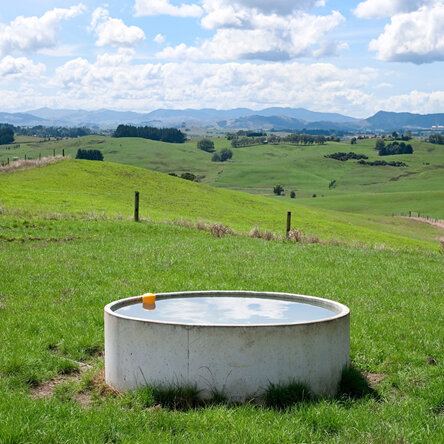Franklin Vets
Franklin Vets - excellence in veterinary care for dairy, farming, lifestyle, equine and household pets. BESTPRACTICE ACCREDITED NZ.
Your account is powered by Storbie. To edit your profile visit my.storbie.com
Your account is powered by Storbie. To edit your profile visit my.storbie.com

The National Animal Welfare Advisory Committee is currently discussing improving the regulatory standards for managing heat stress in livestock. Milk companies, such as Fonterra, also now include planning to manage heat stress as part of their well-being requirements for the Co-operative Difference.
Heat stress is not only an animal welfare concern. It can also increase the risk of lameness, the incidence of disease and impact production and reproduction.
All regions of New Zealand experience summer temperatures likely to cause heat stress. This occurs when cows have more heat than they can get rid of, leading to discomfort and reduced production. Cows begin to experience heat stress at much lower temperatures than humans and prefer temperatures between 4°C - 20°C. Cows generate enormous amounts of heat from digesting food and producing milk. Humidity, solar radiation, and low air movement also contribute to an increased risk of heat stress.
Call your local FVS veterinarian to discuss developing heat mitigation strategies for your farm.
Dr Jordan McGimpsey, Farm Vet at Taupiri
Franklin Vets - excellence in veterinary care for dairy, farming, lifestyle, equine and household pets. BESTPRACTICE ACCREDITED NZ.



